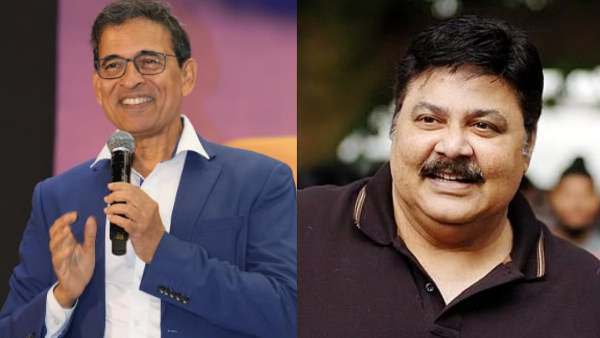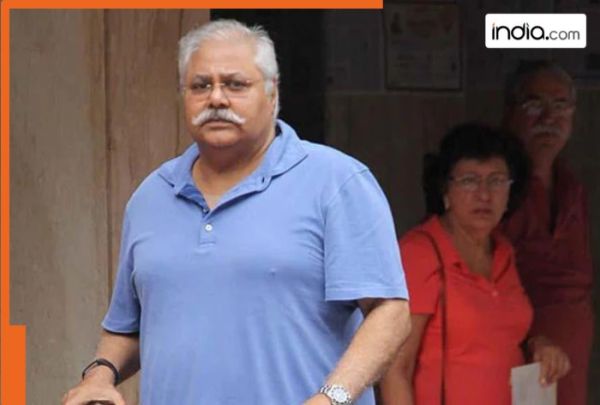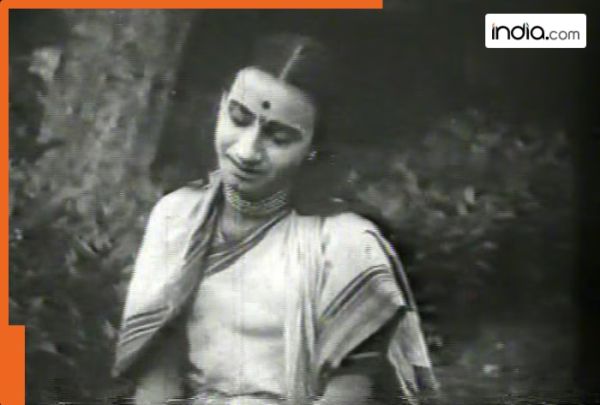An AI-powered revolution is rewiring India's media and entertainment sector. From the country's first micro-drama with an AI superstar to an ambitious reimagining of the Mahabharat, artificial intelligence is reshaping how stories are conceived, produced and distributed.
Industry leaders say what was once a distant technological possibility has now become a creative catalyst, with AI helping storytellers create faster, reduce production costs, and open new avenues for smaller studios to develop original content and build intellectual property (IP).
Among the early movers is Avtr Meta Labs, which has launched Truth & Lies, a drama featuring India's first AI superstar, Naina Avtr. Meanwhile, Collective Artists Network's Historyverse is developing the Mahabharat - Ek Dharmayudh, an AI-powered retelling that will stream on JioStar and Prasar Bharati's TV and digital platforms.
Collective Artists Network has also partnered with Microsoft to deploy Azure's AI and cloud tools through its content-tech arm, Galleri5. The alliance aims to transform how films, OTT content, and advertisements are made. The company's pipeline includes Chiranjeevi Hanuman: The Eternal (2026), and more than 40 AI-enabled micro-dramas for TV and digital platforms.
"The more we use AI to assist creators, the clearer it becomes that AI is an enabler, not a substitute," says Vijay Subramaniam, founder and group chief executive of Collective Artists Network. "It empowers creators to produce more content at a faster pace and showcase their work more effectively. What matters most now is the convergence of technology, distribution, and creativity, whether the story is told through a film, an OTT series, or a short-form reel." Subramaniam said large-scale productions like Mahabharat would have been prohibitively expensive without AI. Recreating vast sets like Hastinapur or Kurukshetra, or coordinating thousands of extras for war scenes, could once cost over Rs 250 crore. "AI tools have made such ambitions practical and far more cost-effective," he says.
Avtr Meta Labs co-founder and CEO Abhishek Razdan believes the industry has reached a creative inflection point. "AI no longer just generates content, it performs," he says.
"Our AI character is a fictional actor leading an emotional narrative. It's about co-creation between human imagination and machine intelligence. We're not replacing artists; we're expanding what's possible."
Razdan said AI will democratise content creation on a much larger scale than ever before, bridging the gap between big studios and small producers. He added that creators no longer need ₹100 crore to make something remarkable, as it can now be done for as little as Rs 10 lakh with the right tools and know-how.
A recent EY report estimates India's media and entertainment sector at ₹2.5 trillion in 2024, and projected to touch Rs 3.1 lakh crore by 2027, growing at around 7% annually. The report suggests AI could increase revenues by 10% and reduce costs by 15% for M&E companies.
Industry leaders say what was once a distant technological possibility has now become a creative catalyst, with AI helping storytellers create faster, reduce production costs, and open new avenues for smaller studios to develop original content and build intellectual property (IP).
Among the early movers is Avtr Meta Labs, which has launched Truth & Lies, a drama featuring India's first AI superstar, Naina Avtr. Meanwhile, Collective Artists Network's Historyverse is developing the Mahabharat - Ek Dharmayudh, an AI-powered retelling that will stream on JioStar and Prasar Bharati's TV and digital platforms.
Collective Artists Network has also partnered with Microsoft to deploy Azure's AI and cloud tools through its content-tech arm, Galleri5. The alliance aims to transform how films, OTT content, and advertisements are made. The company's pipeline includes Chiranjeevi Hanuman: The Eternal (2026), and more than 40 AI-enabled micro-dramas for TV and digital platforms.
"The more we use AI to assist creators, the clearer it becomes that AI is an enabler, not a substitute," says Vijay Subramaniam, founder and group chief executive of Collective Artists Network. "It empowers creators to produce more content at a faster pace and showcase their work more effectively. What matters most now is the convergence of technology, distribution, and creativity, whether the story is told through a film, an OTT series, or a short-form reel." Subramaniam said large-scale productions like Mahabharat would have been prohibitively expensive without AI. Recreating vast sets like Hastinapur or Kurukshetra, or coordinating thousands of extras for war scenes, could once cost over Rs 250 crore. "AI tools have made such ambitions practical and far more cost-effective," he says.
Avtr Meta Labs co-founder and CEO Abhishek Razdan believes the industry has reached a creative inflection point. "AI no longer just generates content, it performs," he says.
"Our AI character is a fictional actor leading an emotional narrative. It's about co-creation between human imagination and machine intelligence. We're not replacing artists; we're expanding what's possible."
Razdan said AI will democratise content creation on a much larger scale than ever before, bridging the gap between big studios and small producers. He added that creators no longer need ₹100 crore to make something remarkable, as it can now be done for as little as Rs 10 lakh with the right tools and know-how.
A recent EY report estimates India's media and entertainment sector at ₹2.5 trillion in 2024, and projected to touch Rs 3.1 lakh crore by 2027, growing at around 7% annually. The report suggests AI could increase revenues by 10% and reduce costs by 15% for M&E companies.








